MOSCOW -- The relationship between the U.S. and China is like a game of water polo: competitive yet relatively civil on the surface, but rife with scratching and groin-kicking underwater.
A top executive of a Chinese telecommunications giant was arrested in Vancouver, Canada, earlier this month at the request of American officials. In response, China detained two Canadians.
The U.S. has accused Huawei Chief Financial Officer Meng Wanzhou, daughter of the company's founder, of trying to cover up Huawei's links to a firm that tried to sell Hewlett-Packard computer equipment to Iran's largest mobile-phone operator in violation of sanctions against Iran.
The U.S. had briefly backed off from Iranian sanctions under former President Barack Obama, raising the prospect of Western companies finally being able to enter the Iranian market. But President Donald Trump quickly reinstated all sanctions.
America is apparently my jealous ex-boyfriend: If it can't have Iran, no one else is allowed to have it either. That's what sanctions are meant to ensure.
Russian Foreign Minister Sergey Lavrov was critical of Meng's arrest, slamming the U.S. for applying its laws "extraterritorially" by stretching the long arm of U.S. law into Canada to arrest a Chinese national based on an alleged violation of American sanctions. If Meng was deemed to have violated Canadian sanctions against Iran, Canada probably would have detained her long ago, since her family owns two homes in Vancouver.
This is a new economic front in a rapidly expanding Cold War reboot. Cold wars are primarily fought with intelligence rather than bombs.
Recommended
In January, the French newspaper Le Monde reported that after picking up the tab for construction of the African Union's new headquarters in Addis Ababa, Ethiopia -- intended to be a sort of United Nations for African countries -- China bugged it, transferring data from the building's computers to Chinese servers over a five-year period. Huawei denied any link to the hack after it was revealed that the company had provided a "desktop cloud solution" to the African Union building, among other services. Suspicion of Huawei was inevitable since, as with other big Chinese multinationals, the amount of daylight between Huawei and the Chinese government is negligible.
The U.S. has also been applying pressure on China through the "Five Eyes" intelligence-sharing network, which includes Australia, Canada, New Zealand, the U.K. and the U.S. Three of the Five Eyes have reportedly blocked Huawei from being involved in the development of Western 5G networks.
Germany and Britain seem relatively unfazed by American arguments about the need to check Chinese influence. Canada has been as well. But will Canada now feel pressured to distance itself from Huawei given this new judicial headache?
As U.S. President Donald Trump has hinted, he isn't above using sanctions-based arrests as economic leverage against nation-state competitors, effectively creating the concept of prisoners of economic war. In an interview with Reuters, Trump said he'd be willing to intervene with the U.S. Justice Department in the Meng case in order to pave the way for a trade deal with China.
"If I think it's good for the country, if I think it's good for what will be certainly the largest trade deal ever made ... what's good for national security, I would certainly intervene if I thought it was necessary," Trump said.
One of the two Canadians detained by China is Michael Kovrig, a onetime Canadian diplomat who was living in Hong Kong while working for a nongovernmental organization. A former Canadian ambassador to China who had worked with Kovrig told the CBC News Network that Kovrig's job had been to cultivate non-traditional intelligence sources for Canada. China's arrest of Kovrig might be intended as a chilling signal to the Canadian government about how much China knows about Canadian secrets. It also might be a not-so-subtle hint about the potential for escalation if the Meng situation isn't resolved to China's liking.
With China and the U.S. increasingly coming to blows -- albeit while continuing to wear white silk gloves -- it's hardly surprising that U.S. National Security Adviser John Bolton announced plans last week to economically counter Chinese investment in Africa.
"China uses bribes, opaque agreements and the strategic use of debt to hold states in Africa captive to Beijing's wishes and demands," Bolton said.
The following day, the U.S. Treasury announced sanctions against three people involved in the conflict in South Sudan. It's a country that China has wrestled away from U.S. influence on the geopolitical chessboard, and China now looks set to dominate South Sudanese resources -- notably oil supply.
Africa now isn't much different from Bolton's other obsession, Iran. Anti-Iranian sanctions have primarily served as blunt-force instruments in the geo-economic war between the West (U.S. and allies) and East (Russia and China), keeping the competition hamstrung under the threat of criminal penalties.
Washington elites who cheered the sanctions against Iran and Russia probably aren't cheering as hard now that their investments in Africa are at risk. Geo-economic war is expanding, and a lot of people are likely to be surprised when they are caught in its crossfire.















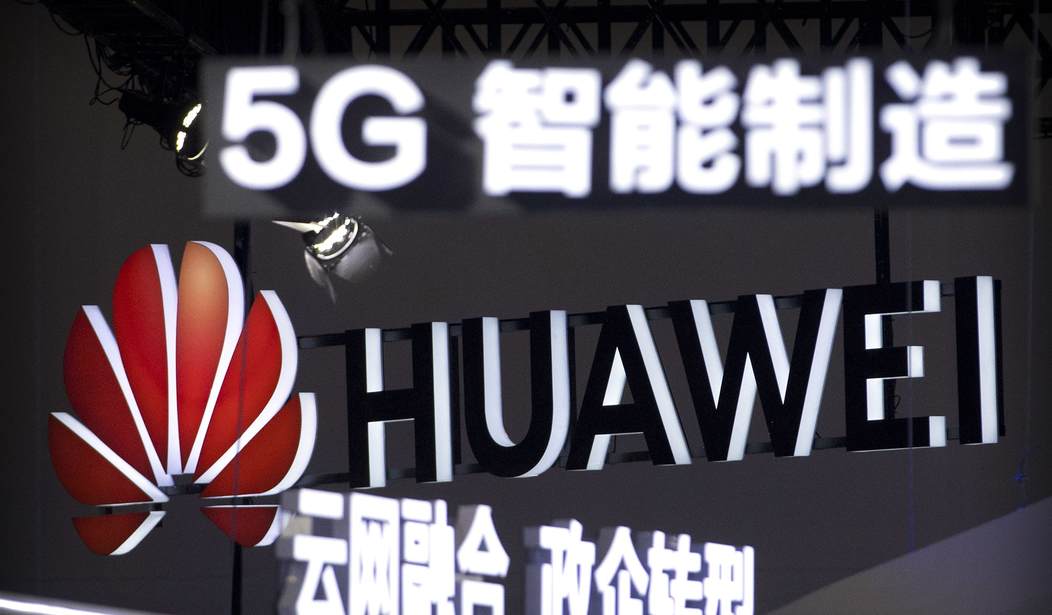
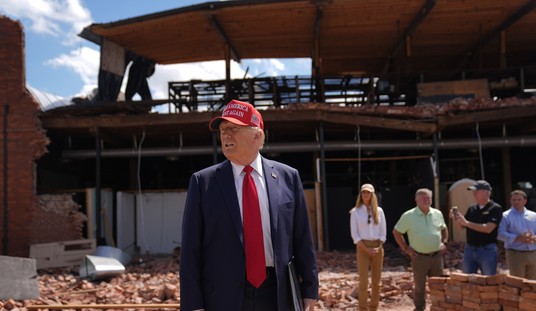
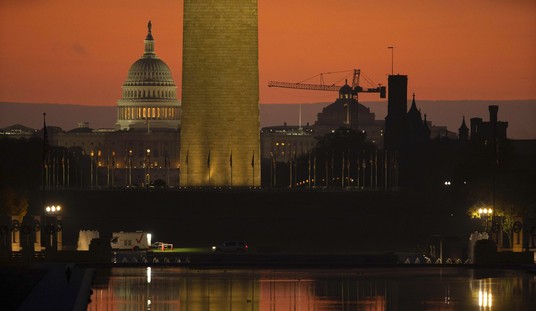
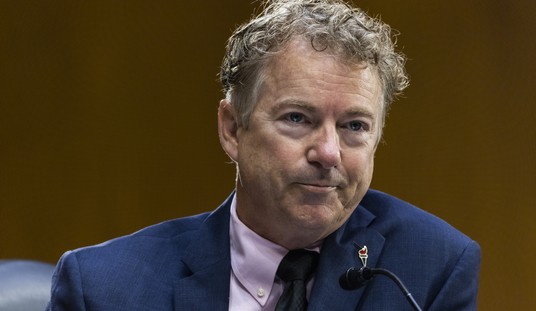

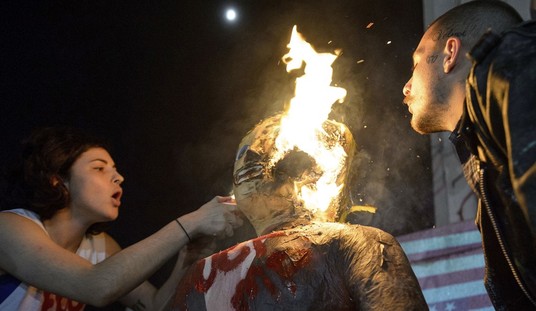
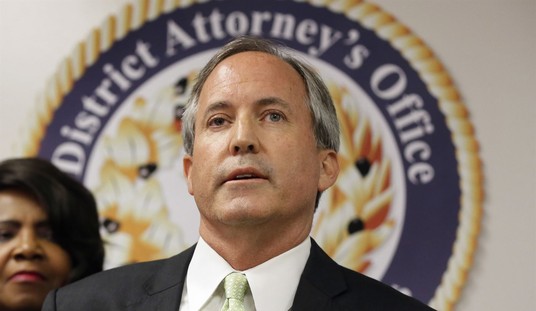
Join the conversation as a VIP Member